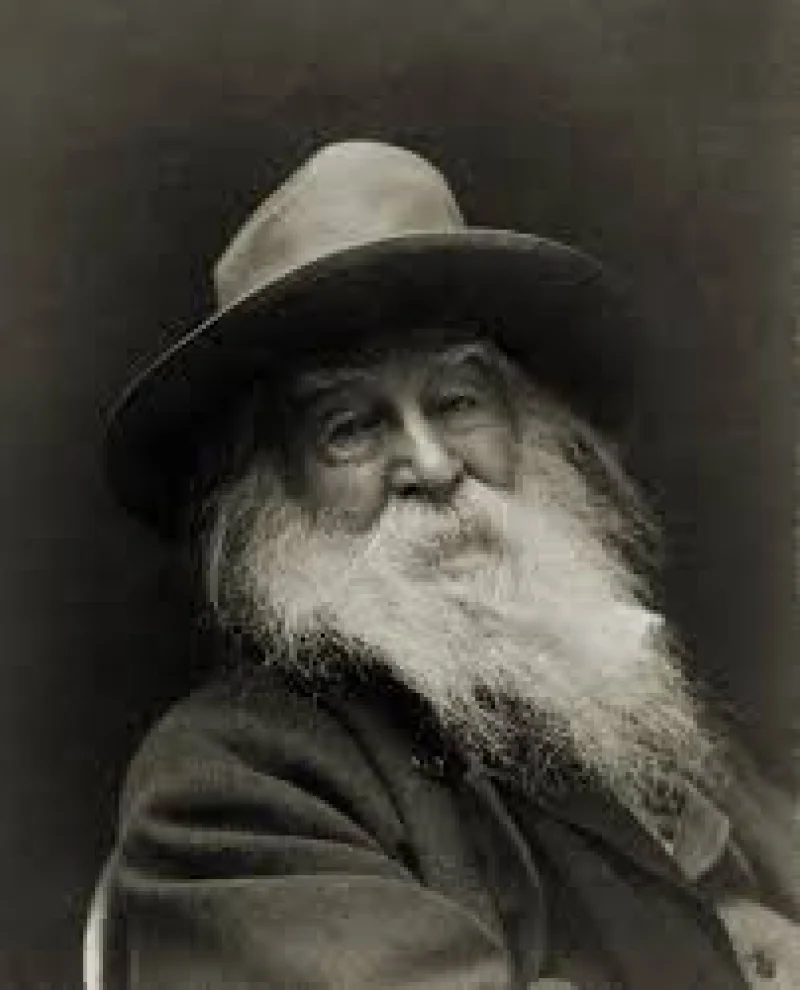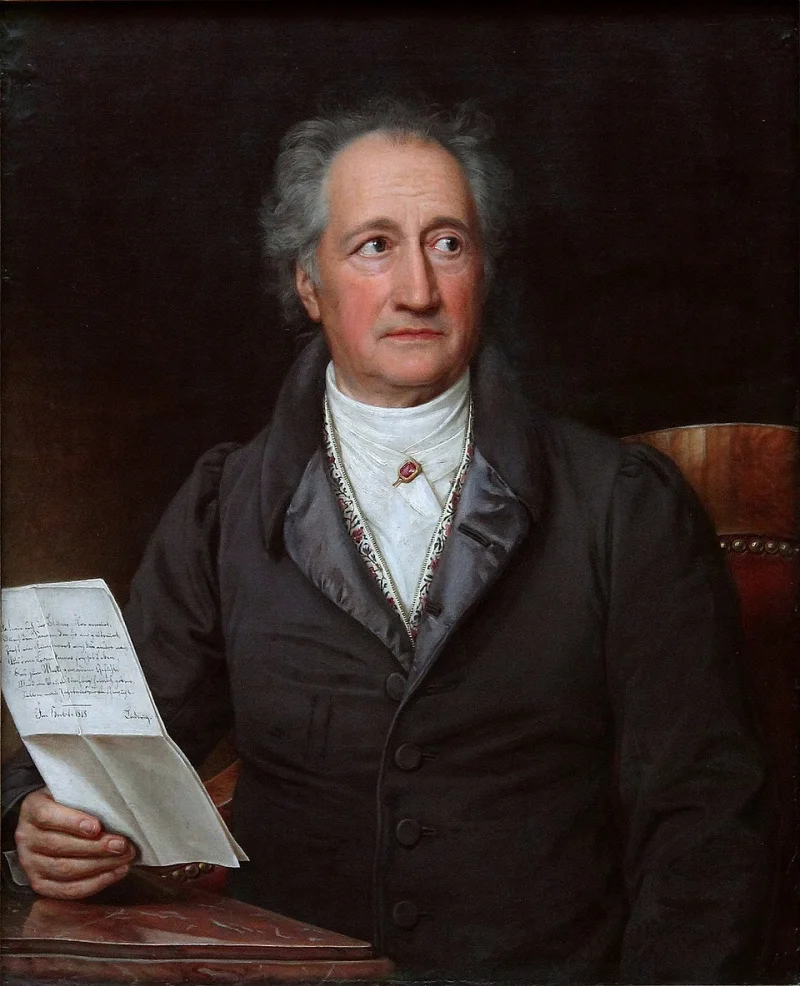Short Summary
Walt Whitman was an influential American poet, essayist, and journalist, best known for his groundbreaking collection of poetry, "Leaves of Grass." He is celebrated for his innovative free verse style and his exploration of themes such as democracy, nature, and the human spirit. Whitman's work has left a lasting impact on American literature, earning him the title of the "father of free verse."
Early Life & Education
Walt Whitman was born on May 31, 1819, in West Hills, Long Island, New York, to a large family of modest means. He was the second of nine children born to Walter and Louisa Van Velsor Whitman. His family moved to Brooklyn when he was a child, where he attended public school for a few years before beginning work at the age of eleven. Whitman held various jobs, including as a printer’s apprentice and later as a schoolteacher. Though he lacked formal education, he was an avid reader and was greatly influenced by the works of Shakespeare, Homer, Dante, and the Bible.
Career Highlights
Whitman's career was marked by his work as a journalist and his groundbreaking poetry. In 1846, he became the editor of the Brooklyn Eagle, a prominent newspaper, but his most significant contribution to literature came with the publication of "Leaves of Grass" in 1855. This collection of poems, which Whitman continued to revise throughout his life, was revolutionary for its use of free verse and its celebration of the human body and soul. During the American Civil War, he also served as a volunteer nurse, documenting his experiences in "Drum-Taps," a collection of poems reflecting the war’s impact.
Major Achievements
- Published "Leaves of Grass" in 1855, transforming American poetry with its free verse style.
- Worked as a volunteer nurse during the American Civil War, providing care and comfort to wounded soldiers.
- Gained recognition as a major voice in American literature, influencing countless poets and writers worldwide.
Famous Quotes
- "I am large, I contain multitudes."
- "Do I contradict myself? Very well, then I contradict myself, I am large, I contain multitudes."
Interesting Facts
- Whitman was largely self-educated, having left school at age eleven to work.
- He published the first edition of "Leaves of Grass" at his own expense, initially printing only 800 copies.
- "Leaves of Grass" was initially met with controversy due to its frank treatment of sexuality.
Legacy / Influence
Walt Whitman’s legacy is profound, as his approach to poetry broke with traditional forms and inspired future generations of poets to embrace free verse. His celebration of the individual and exploration of democratic ideals have resonated throughout American culture and literature. Whitman's work continues to be studied and revered for its rich imagery and emotional depth.
FAQ
Q: Why is Walt Whitman famous?
A: Walt Whitman is famous for his innovative poetry collection "Leaves of Grass" and his role as a pioneer of free verse in American literature.
Q: What is "Leaves of Grass"?
A: "Leaves of Grass" is a collection of poems by Walt Whitman, first published in 1855, known for its celebration of nature, humanity, and democracy.
Q: How did Walt Whitman influence poetry?
A: Whitman influenced poetry by breaking away from traditional rhyme and meter, introducing a new style of free verse that allowed for greater expression and individuality.










